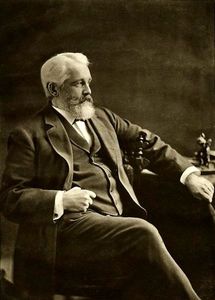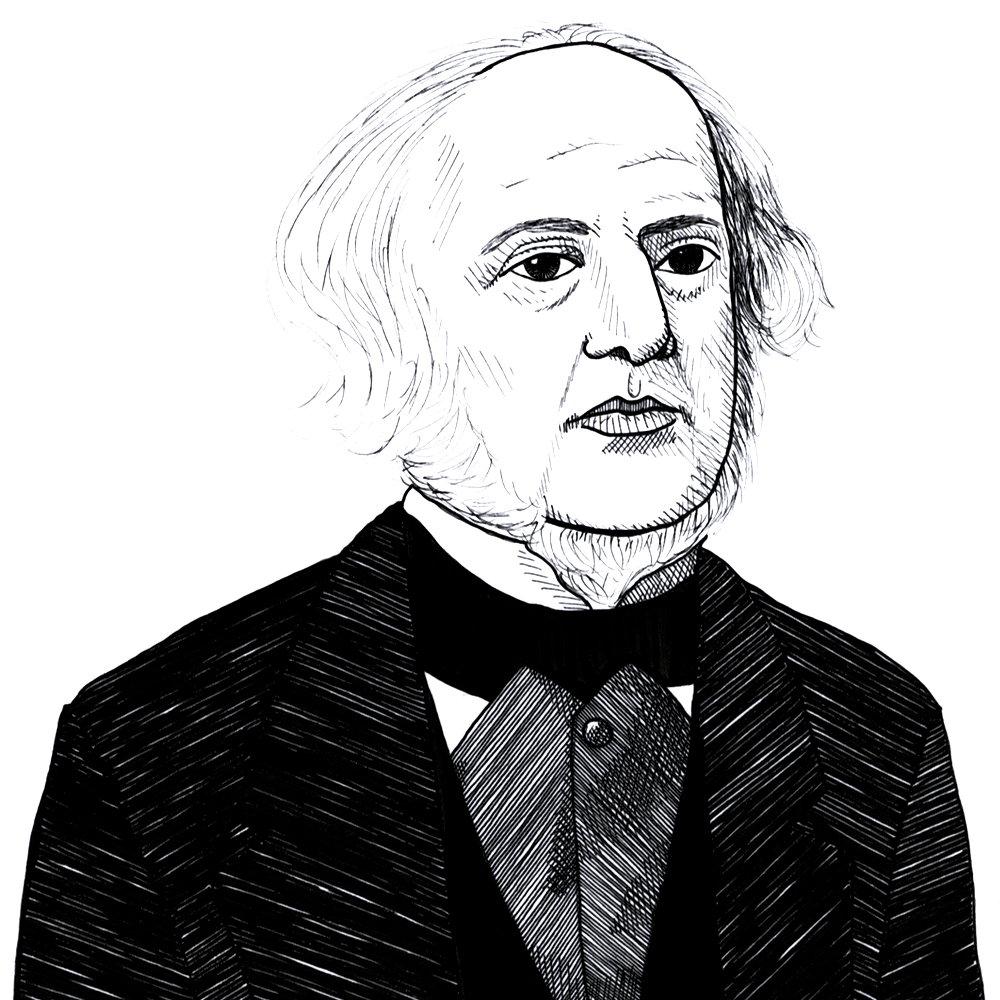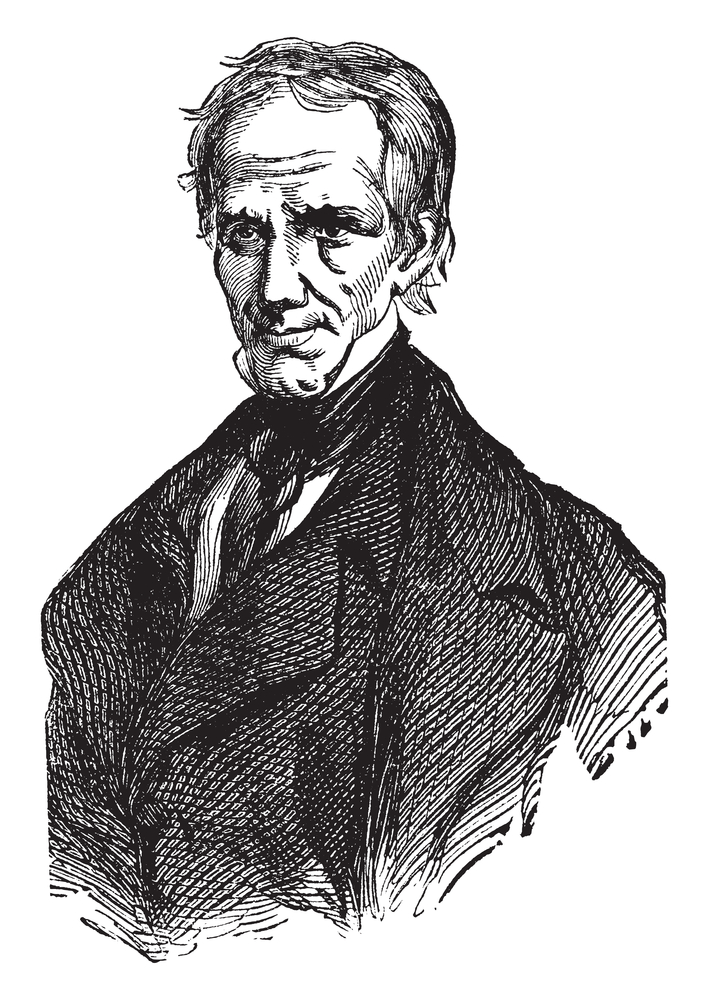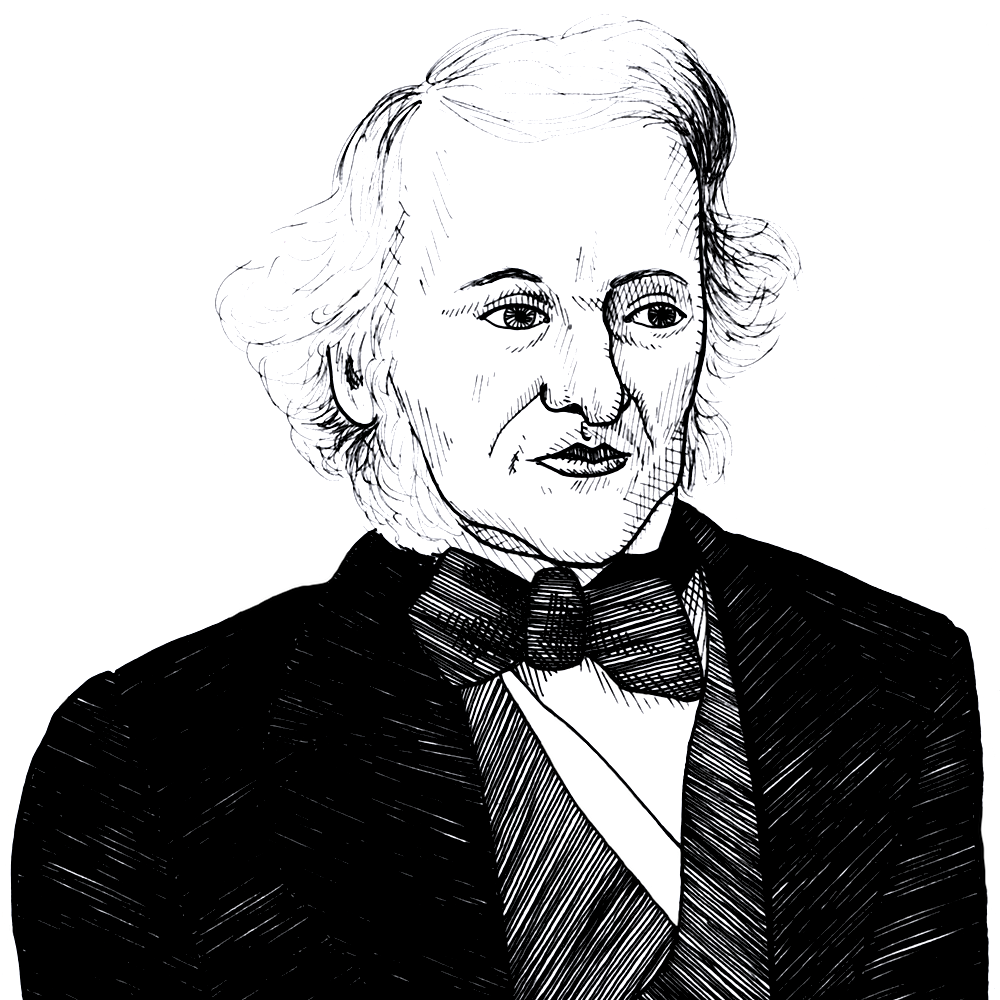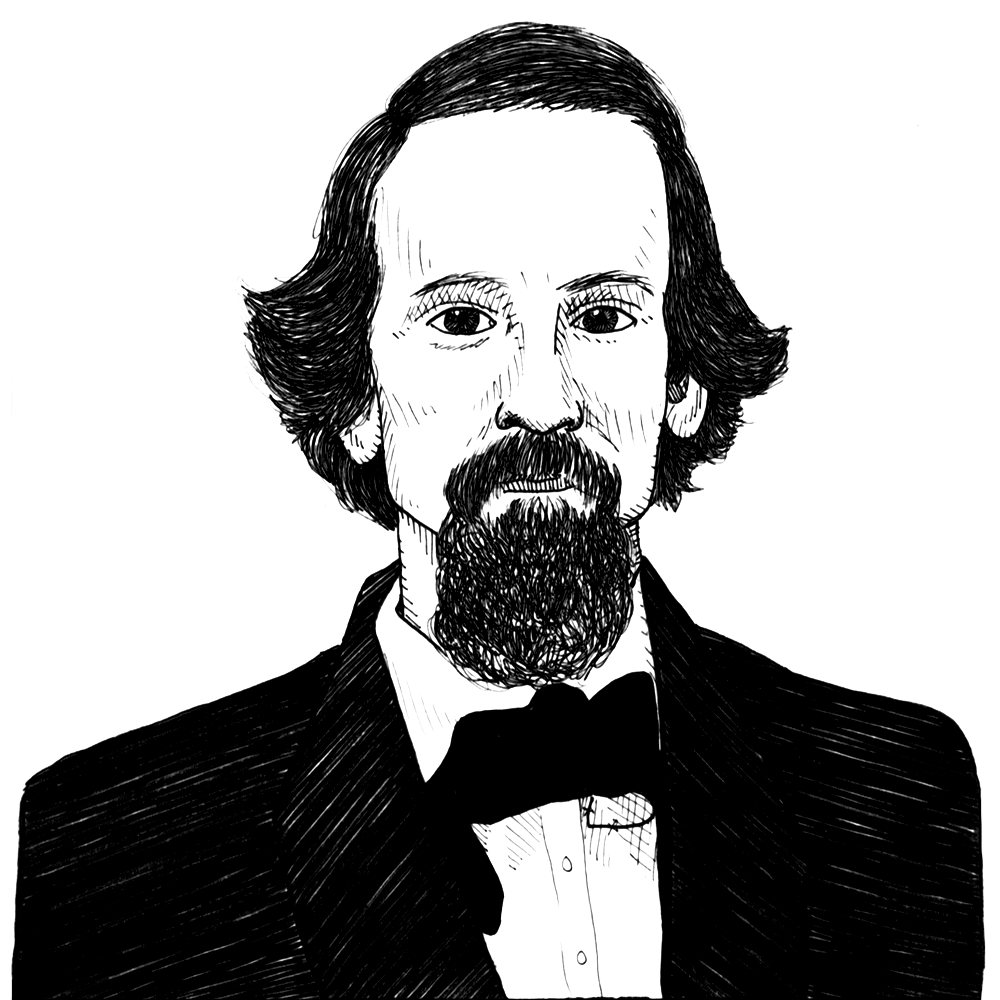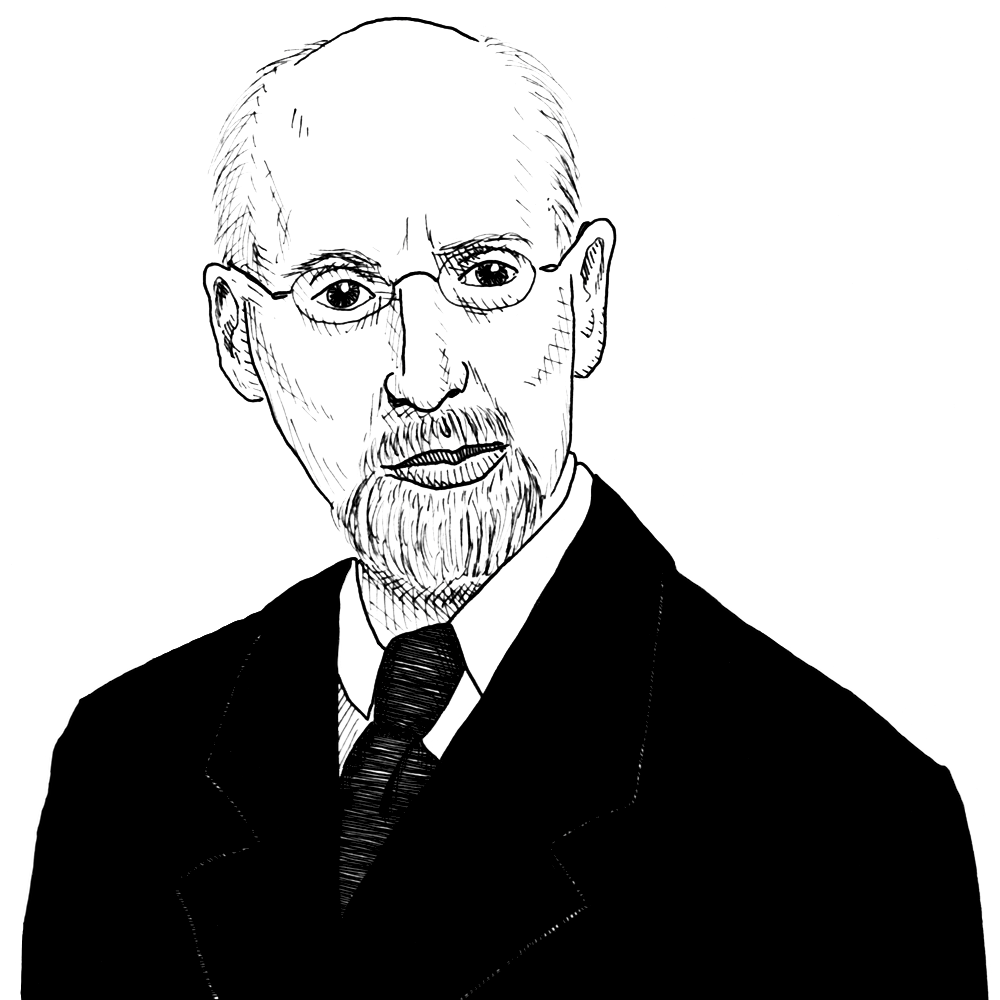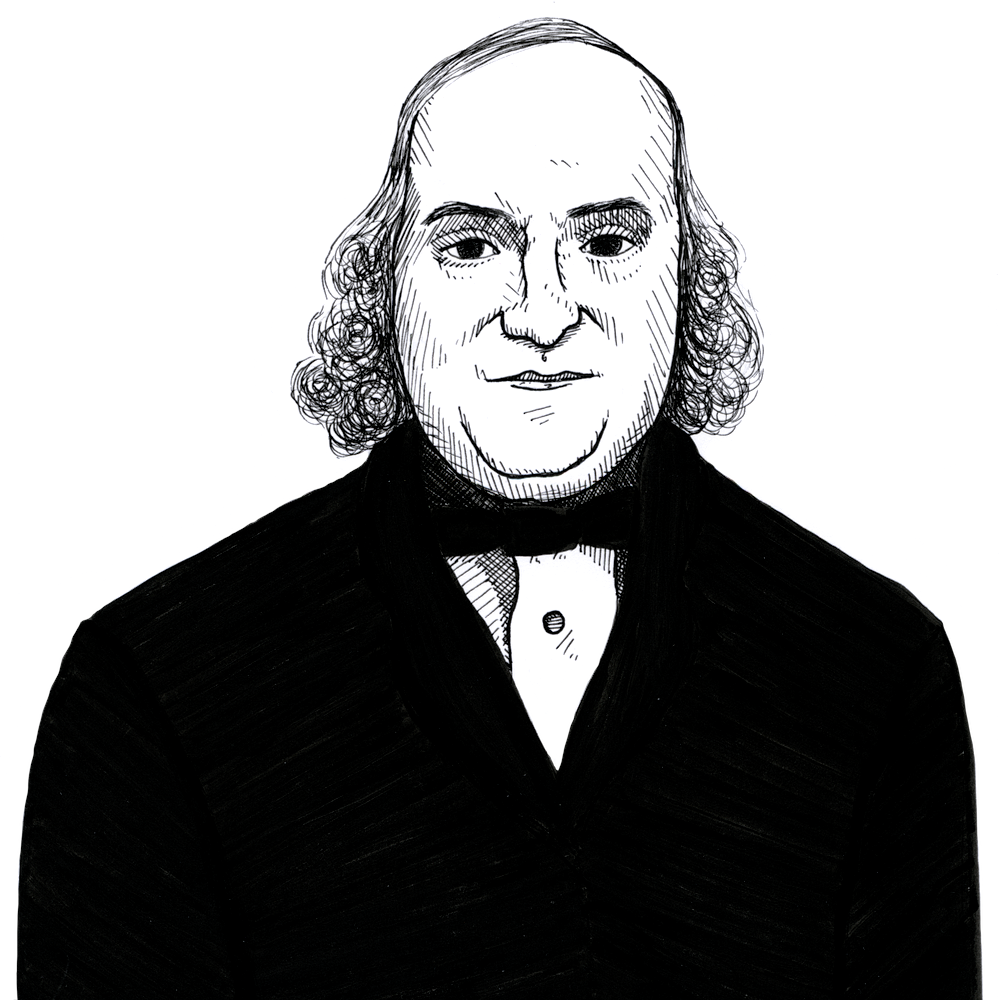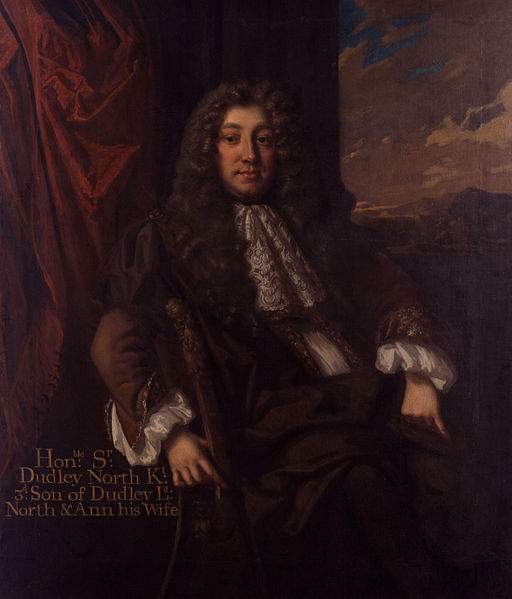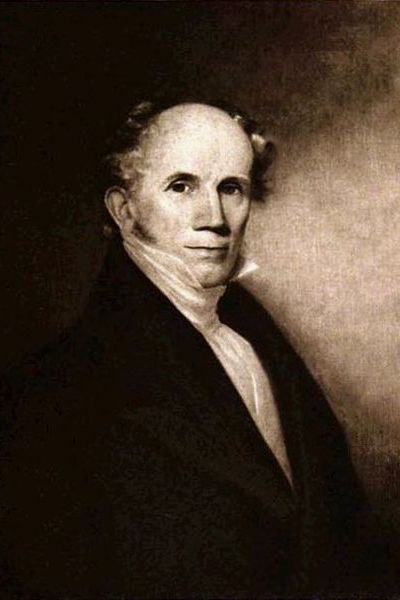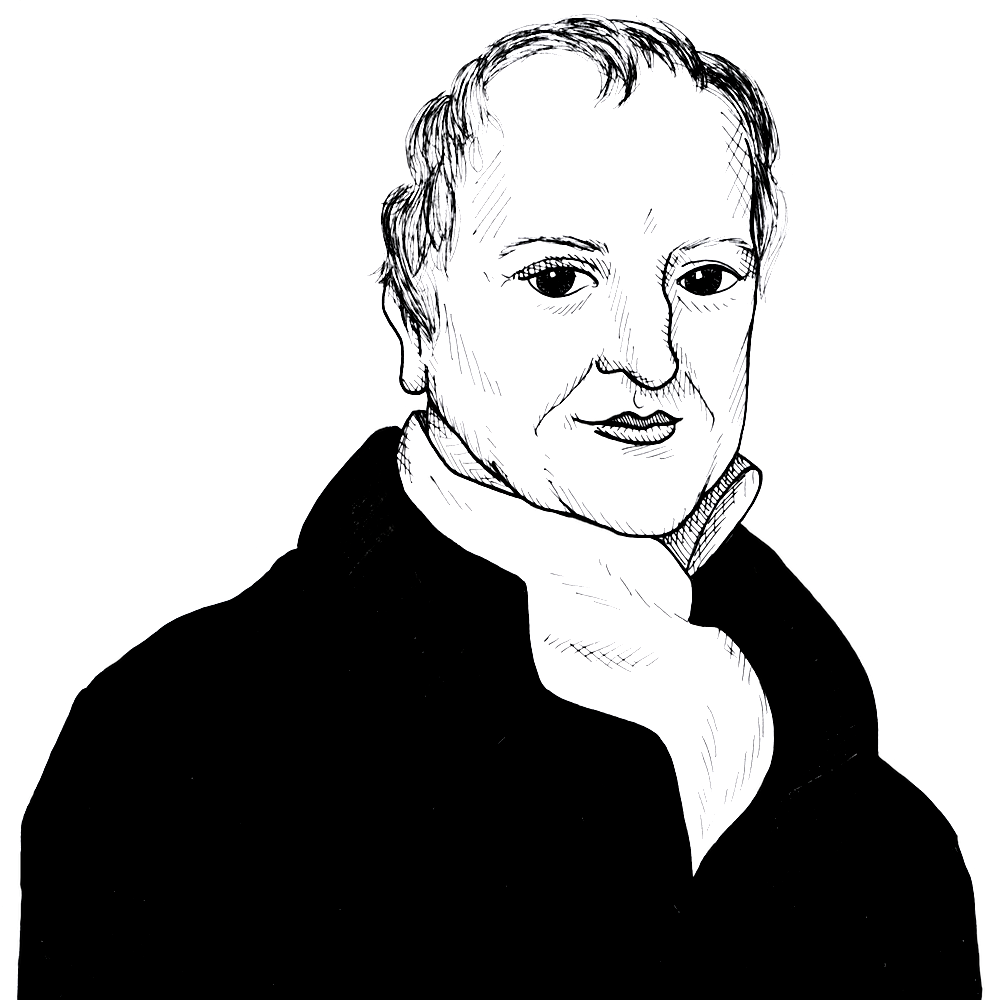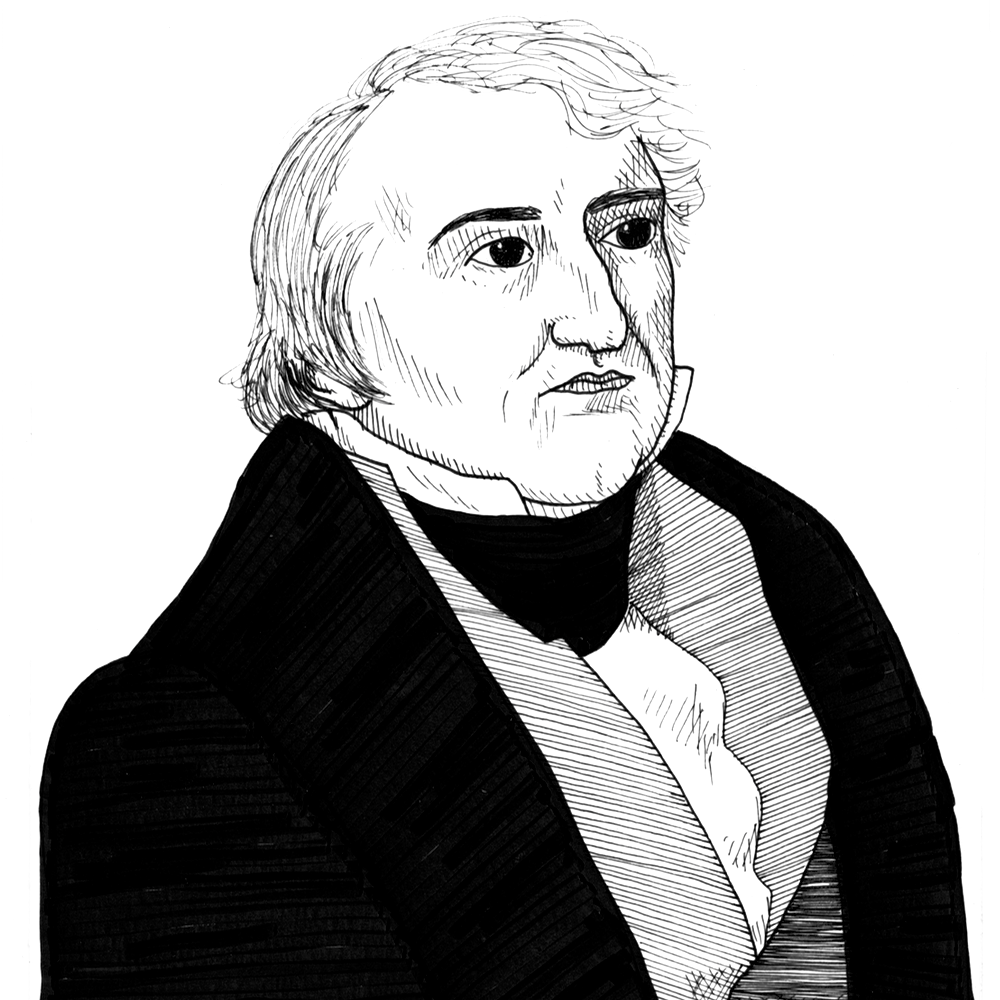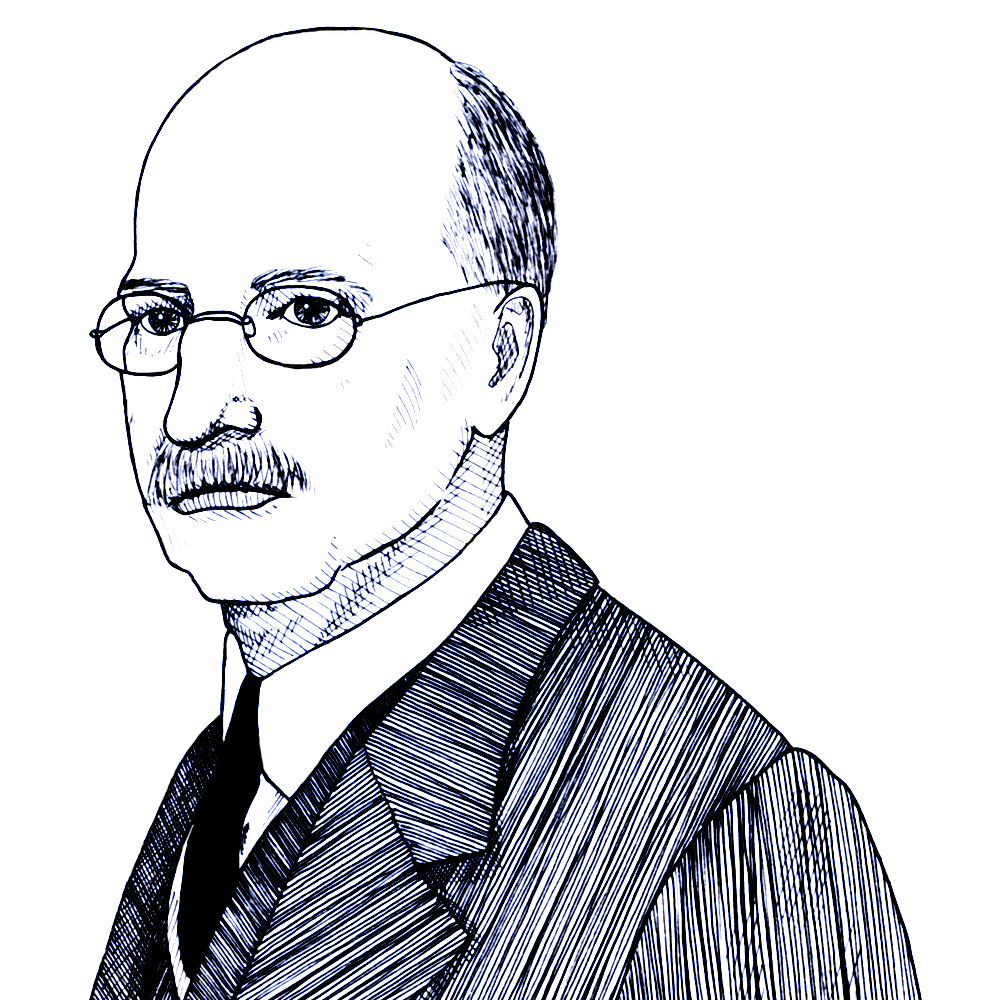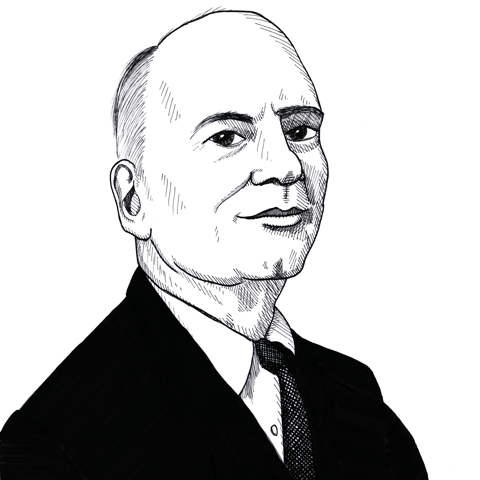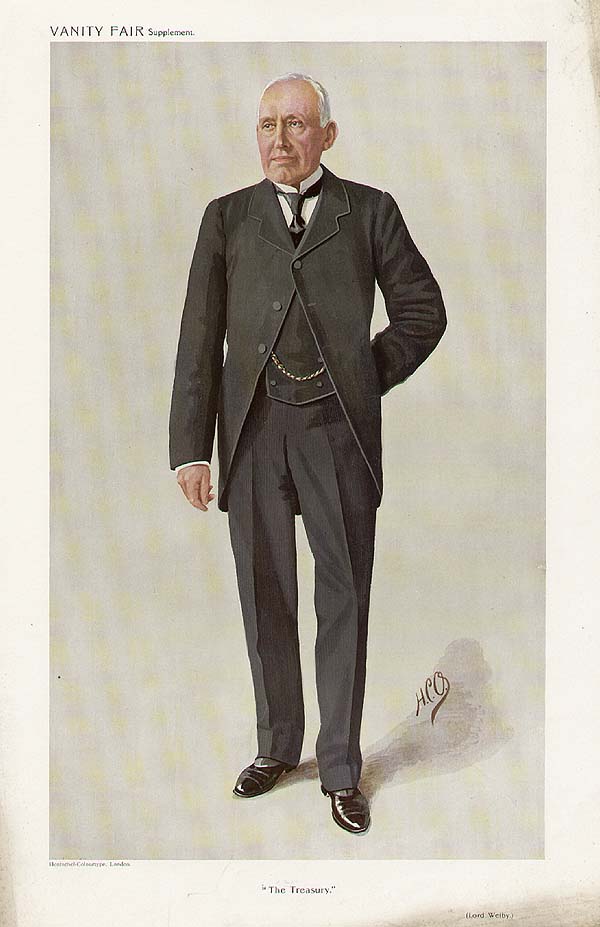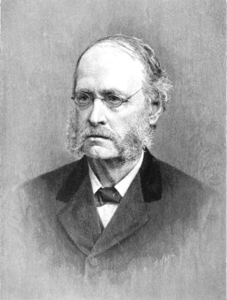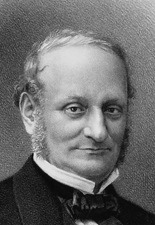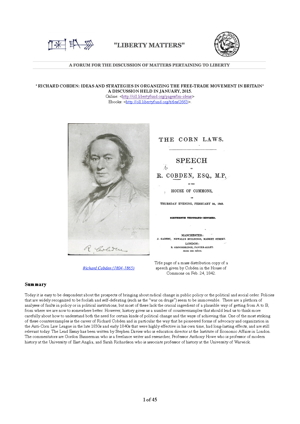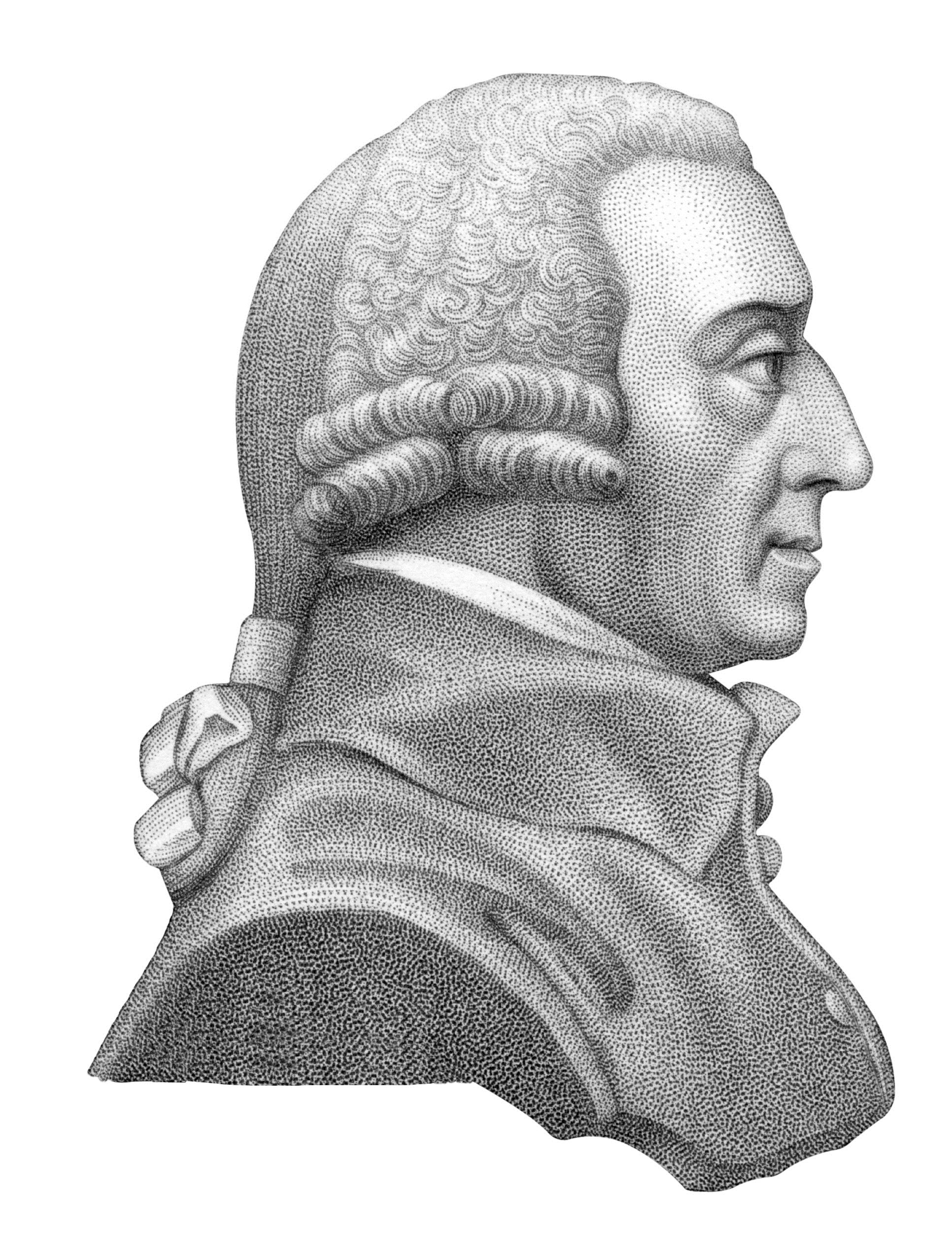Free Trade
About this Collection
One of the key concepts of economic freedom is free trade, which is the idea that there should be no restriction in the right and ability of individuals to exchange the products of their labor and industry with other people.
Key People
Titles & Essays
Quotes
Free Trade
Adam Smith argues that retaliation in a trade war can sometimes force the offending country to lower its tariffs, but more often than not the reverse happens (1776)
Economics
Adam Smith on Good Wine and Free Trade
Free Trade
Adam Smith on the “liberal system” of free trade (1776)
Free Trade
Bastiat on the most universally useful freedom, namely to work and to trade (1847)
Free Trade
Bastiat on the spirit of free trade as a reform of the mind itself (1847)
Free Trade
Condy Raguet argues that governments cannot create wealth by means of legislation and that individuals are better judges of the best way to use their capital and labor than governments (1835)
Free Trade
David Hume on how the prosperity of one’s neighbors increases one’s own prosperity (1777)
Economics
Forrest McDonald argues that the Founding Fathers envisaged a new economic order based upon Lockean notions of private property and the creation of the largest contiguous area of free trade in the world (2006)
Economics
Friedrich List and Manufacturing Power
Free Trade
Guyot on the protectionist tyranny (1906)
Free Trade
Harriet Martineau condemns tariffs as a “vicious aristocratic principle” designed to harm the ordinary working man and woman (1861)
Free Trade
Henry George on a “free trade America” as the real city set on a hill (1886)
Free Trade
Henry George on how trade sanctions hurt domestic consumers (1886)
Free Trade
Henry George on the scramble to get government favors known as trade “protection” (1886)
War & Peace
James Mill likens the expence and economic stagnation brought about by war to a “pestilential wind” which ravages the country (1808)
Property Rights
James Mill on the natural disposition to accumulate property (1808)
Class
James Mill on the ruling Few and the subject Many (1835)
Free Trade
Jane Haldimand Marcet, in a popular tale written for ordinary readers, shows the benefits to workers of foreign trade, especially at Christmas time (1833)
Free Trade
John Taylor on how a republic can “fleece its citizens” just as well as a monarchy (1822)
Free Trade
Lord Kames argued that neither the King nor Parliament had the right to grant monopolies because they harmed the interests of the people (1778)
Money & Banking
Ludwig von Mises shows the inevitability of economic slumps after a period of credit expansion (1951)
Free Trade
Mises on how the “boon” of a tariff privilege is soon dissipated (1949)
Free Trade
Molinari calls the idea of using tariffs to promote a nation’s economy “a monstrosity” (1852)
Free Trade
Nicholas Barbon on the mutual benefits of free trade even in luxury goods (“wants of the mind”) (1690)
Free Trade
Richard Cobden on how free trade would unite mankind in the bonds of peace (1850)
Class
Richard Cobden outlines his strategy of encouraging more people to acquire land and thus the right to vote in order to defeat the “landed oligarchy” who ruled England and imposed the “iniquity” of the Corn Laws (1845)
Free Trade
Richard Cobden’s “I have a dream” speech about a world in which free trade is the governing principle (1846)
War & Peace
The 10th Day of Christmas: Richard Cobden on public opinion and peace on earth (c. 1865)
Free Trade
The 9th Day of Christmas: Condy Raguet on the anti-Christian character of protection and the need for peace on earth (1832)
Economics
Voltaire on the Benefits which Trade and Economic Abundance bring to People living in the Present Age (1736)
Taxation
William Cobbett denounces the destruction of liberty during and after the Napoleonic Wars (1817)
Free Trade
William Graham Sumner on free trade as another aspect of individual liberty (1888)
The State
William Graham Sumner on the “do-nothing” state vs. ”the meddling” state (1888)
Free Trade
William Grampp shows how closely connected Richard Cobden’s desire for free trade was to his desire for peace (1960)
